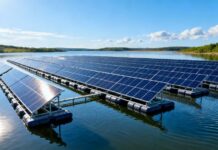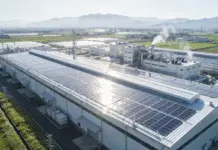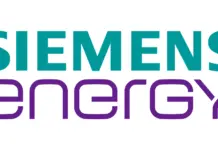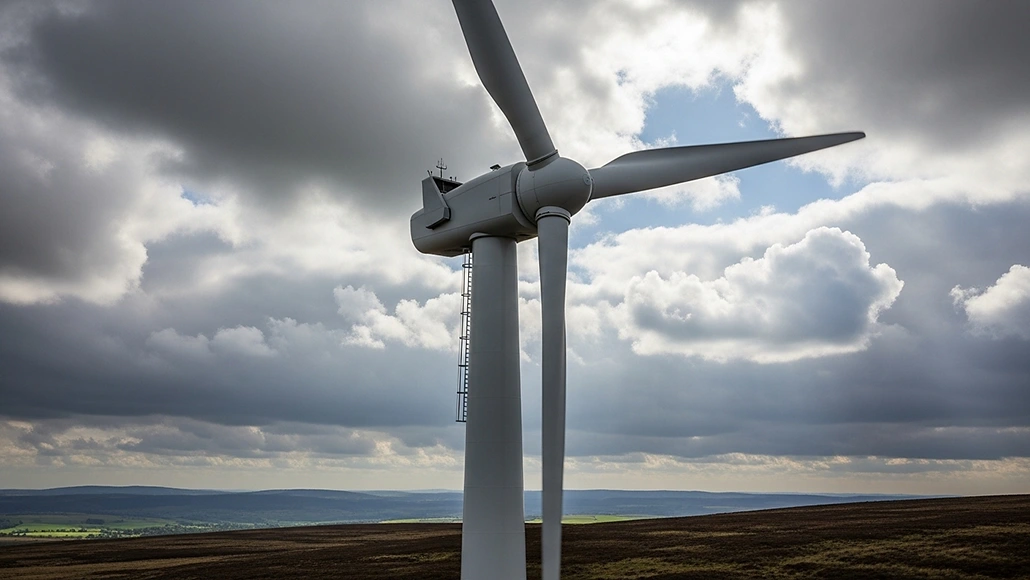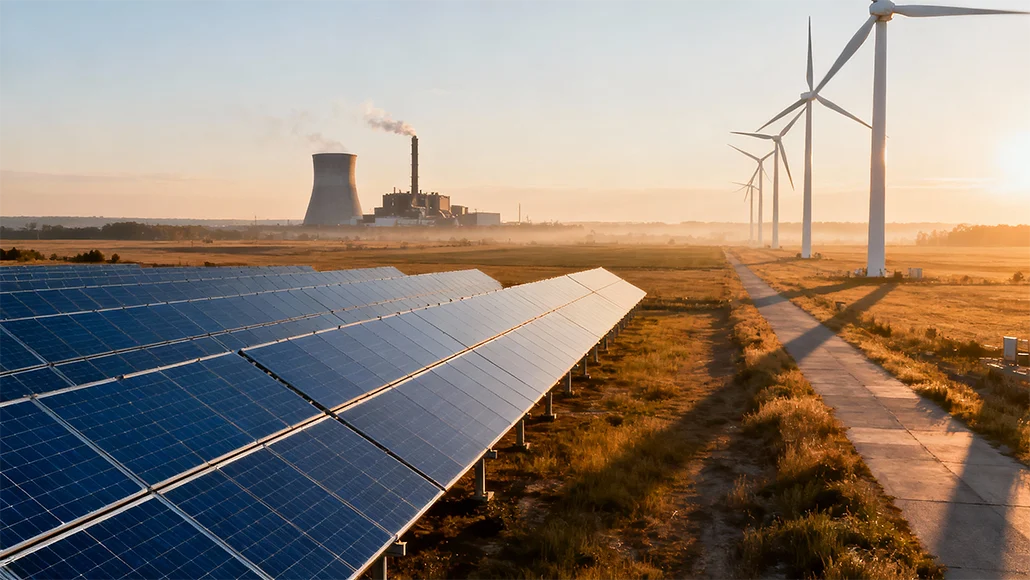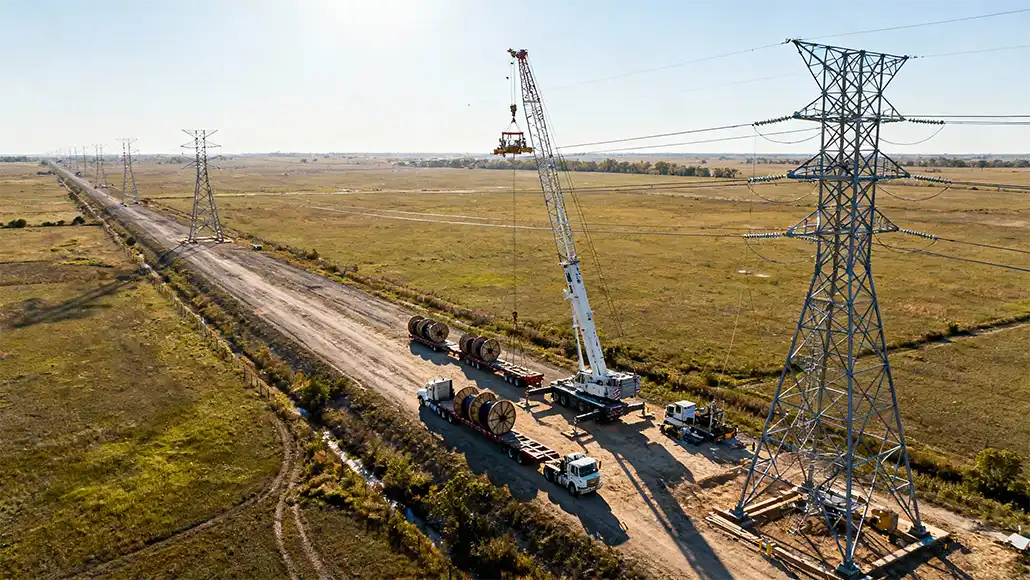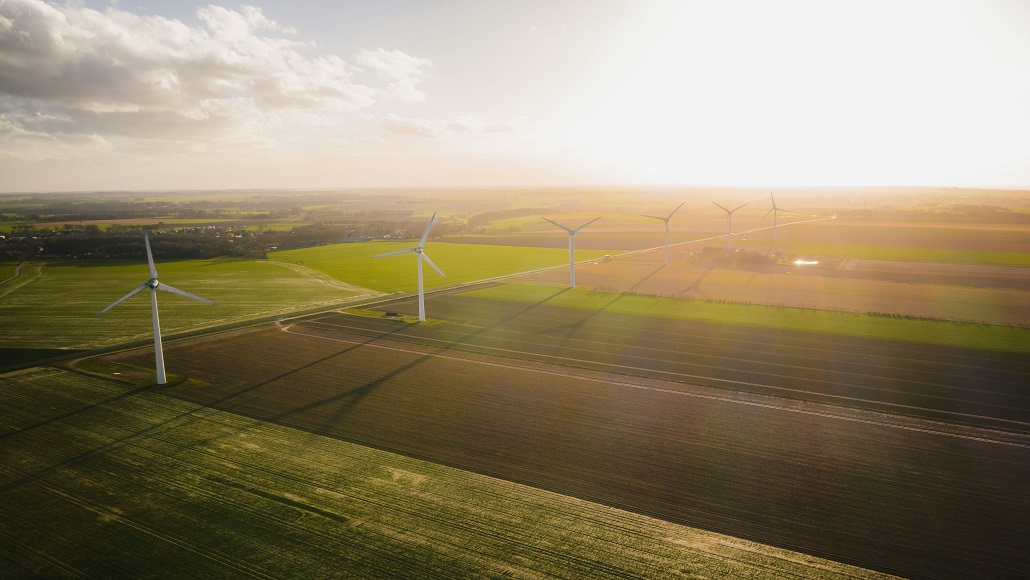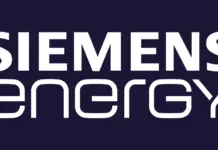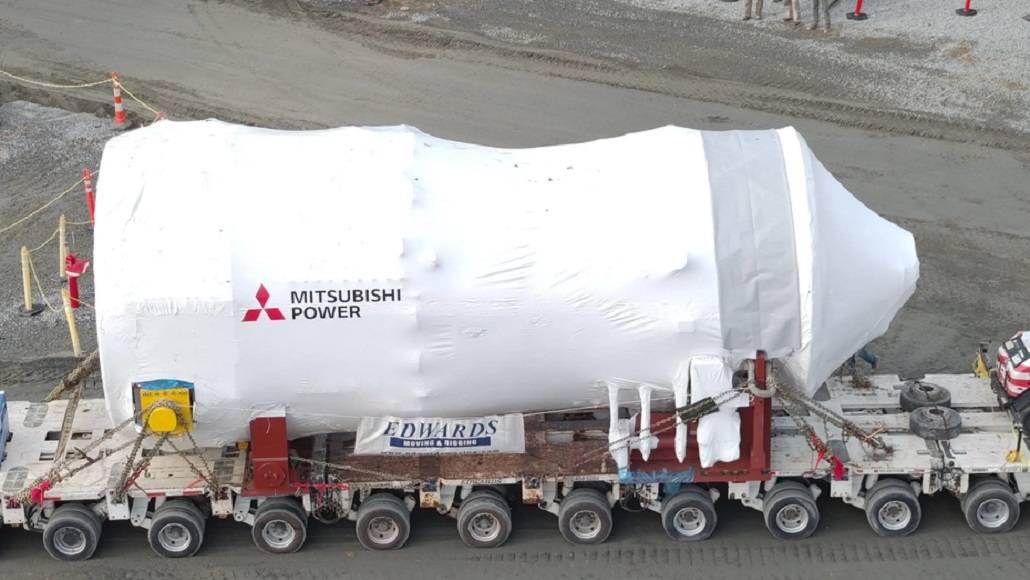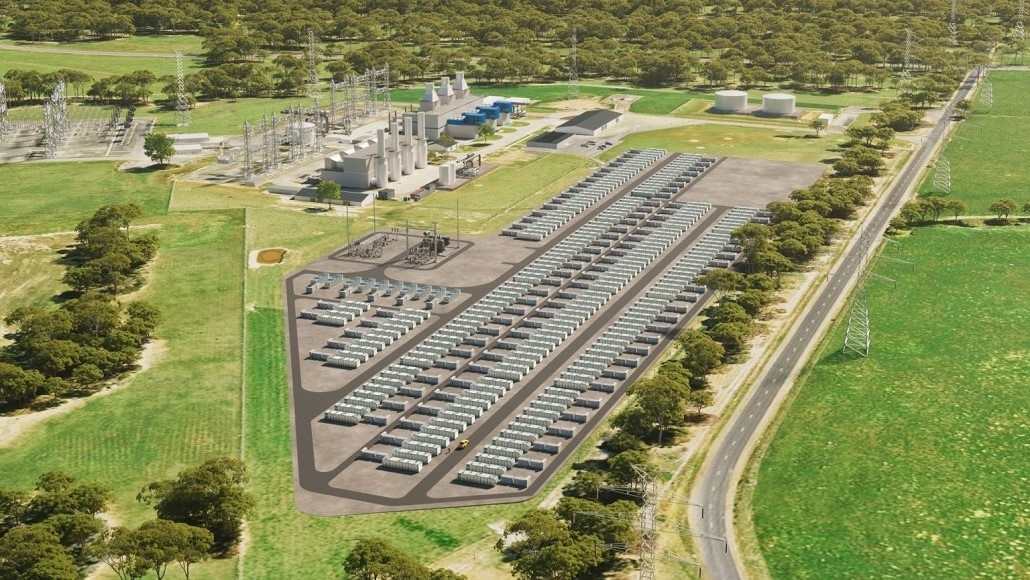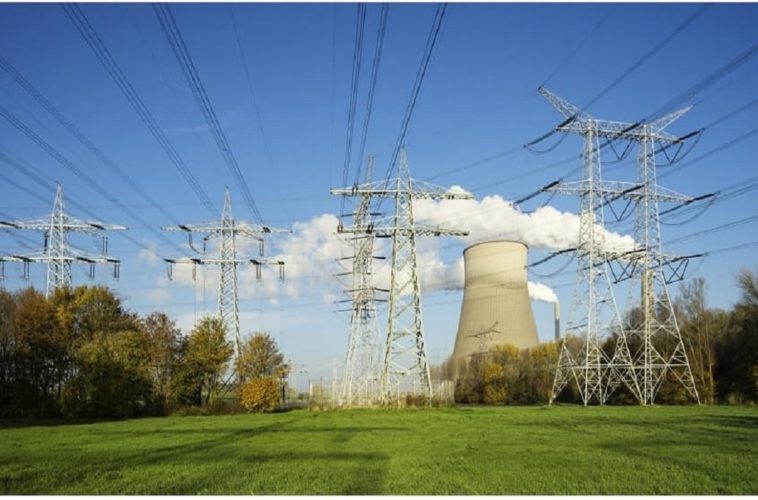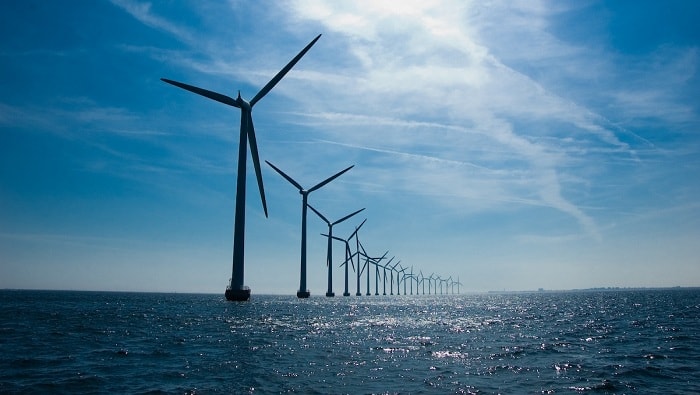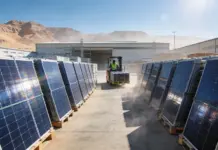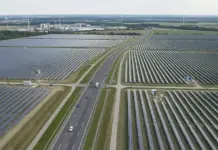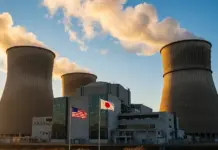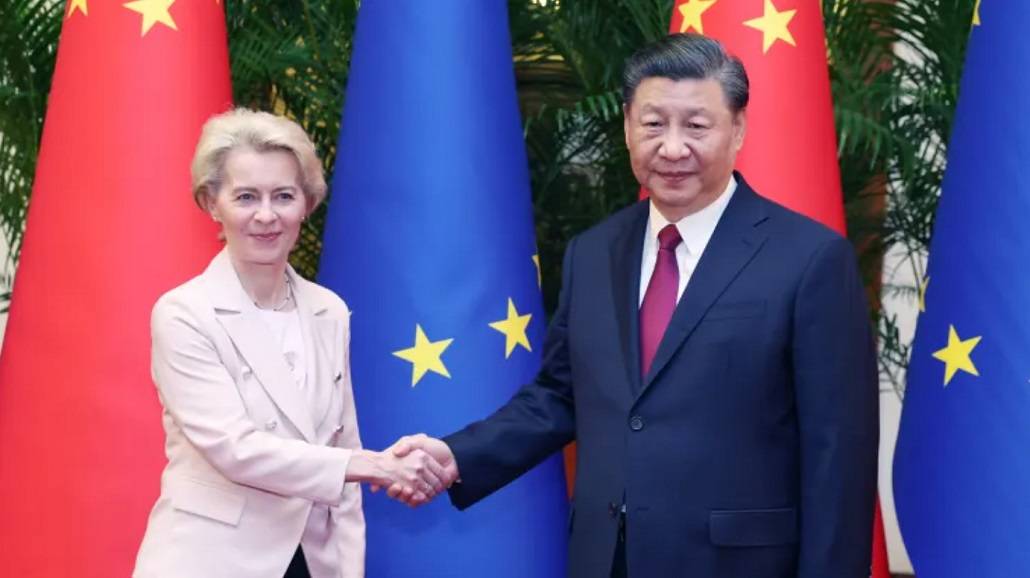China and the European Union, two of the world’s biggest economies, are accelerating their joint path toward global carbon neutrality through enhanced China and EU green collaboration. This progress is unfolding despite mounting challenges in global climate governance. In 2024, the China and EU green collaboration reached new heights, with both parties signing numerous agreements to work together on renewable energy technologies, linking carbon markets, and harmonizing green financing standards. According to the International Energy Agency, China and the EU together now account for over 60% of the world’s installed renewable energy capacity. Their complementary strengths in photovoltaics, wind energy, and hydrogen technology form the backbone of the evolving “China-EU green supply chain.”
First, the China and EU green collaboration has intensified around sustainable energy technology deployment. For example, nearly 85% of Portugal’s solar panels are sourced from China. China has also contributed to localized solar and wind projects in Croatia, Serbia, and Romania. Meanwhile, Shanghai-based Envision Energy signed a hydrogen cooperation agreement in Spain, aiming to build factories for hydrogen equipment and develop zero-carbon industrial hydrogen parks. Furthermore, Chinese battery makers CATL, BYD, and EVE Energy have established EV battery production plants in Germany and Hungary, reinforcing Europe’s electric vehicle supply chain. This well-aligned cooperation across photovoltaics, wind, and hydrogen is fortifying the China-EU green supply chain.
Second, significant improvements were made in the China and EU green collaboration regarding carbon markets in 2024. A newly signed Memorandum of Understanding (MoU) strengthens bilateral efforts to link carbon emissions trading systems. The agreement emphasizes collaboration in voluntary carbon markets and aims to expand sectoral coverage while aligning emissions data monitoring and verification methodologies between both regions.
Overall, the China and EU green collaboration is progressing steadily and has emerged as a key driver of global climate action and the shift toward a green economy. This partnership stands as a vital force in confronting climate change and accelerating global sustainable transformation.




